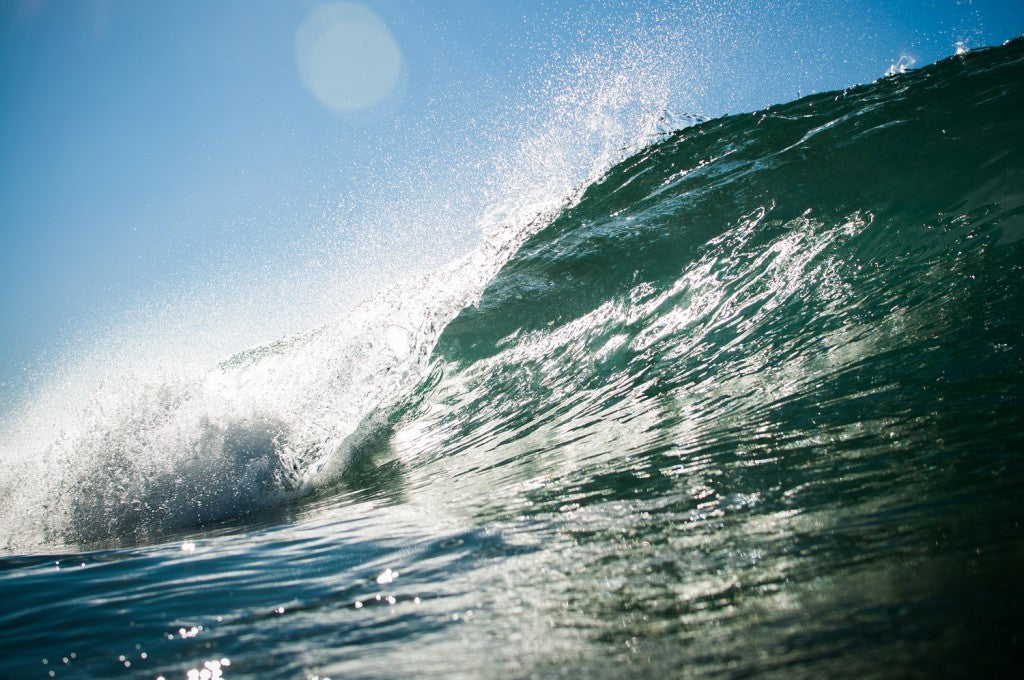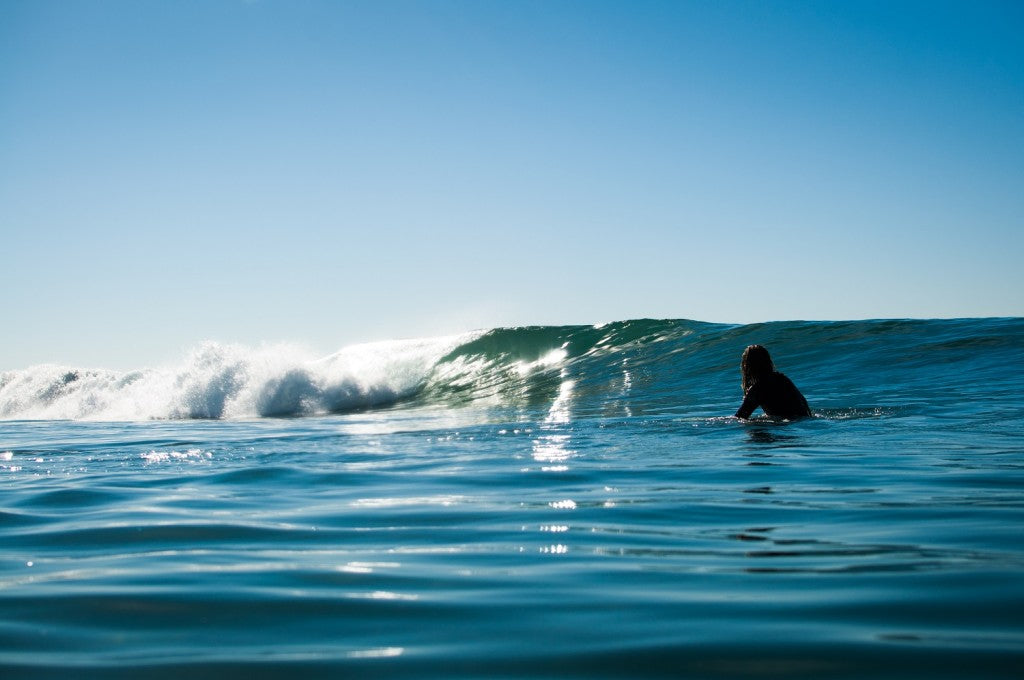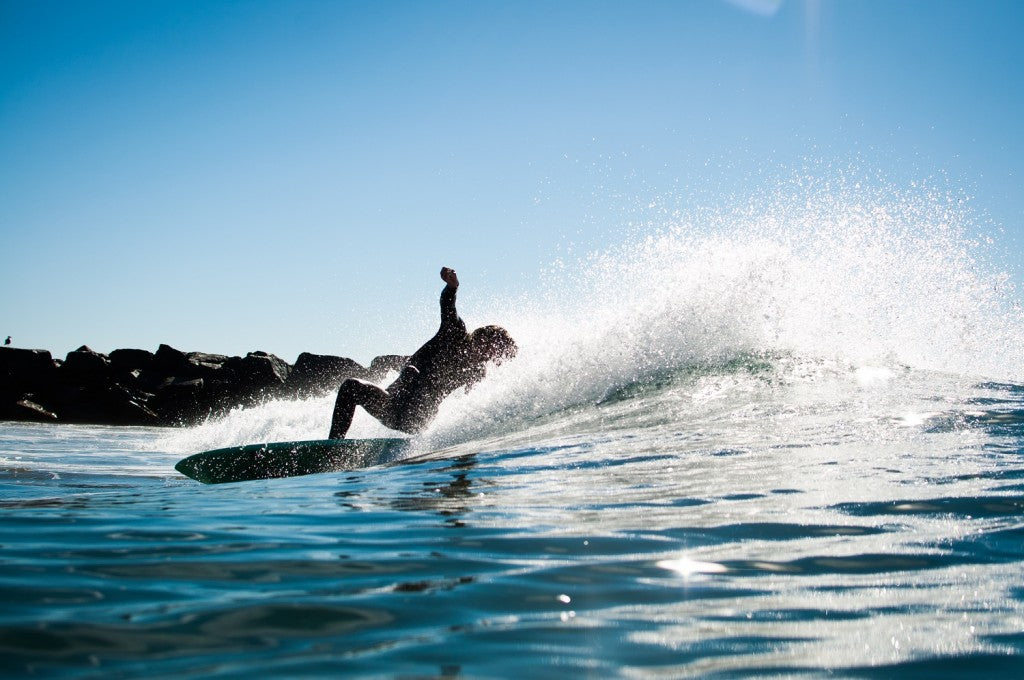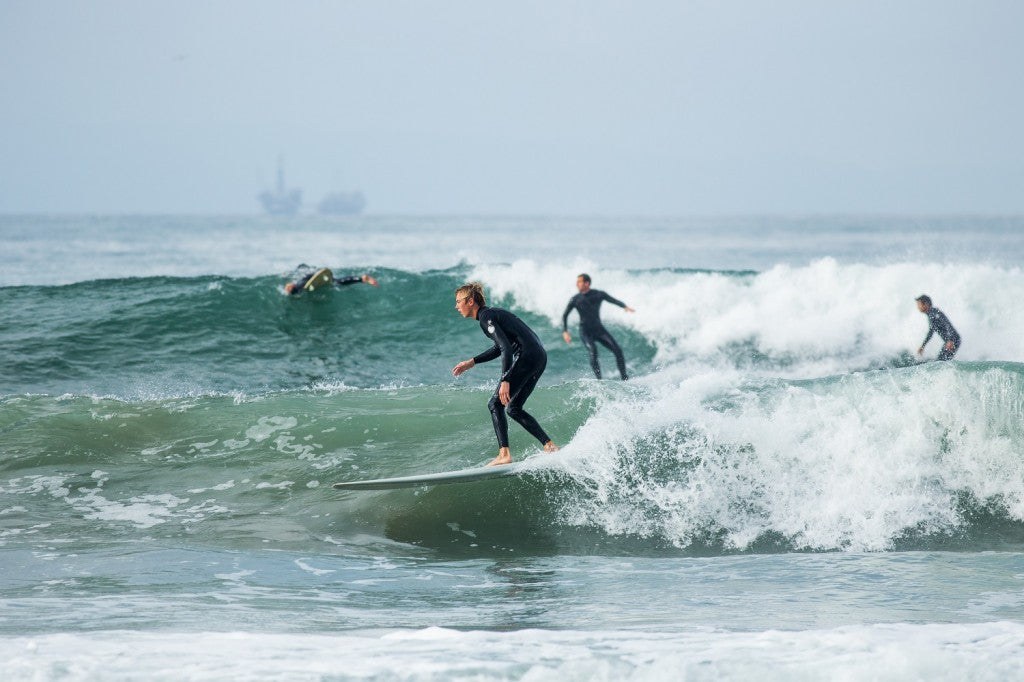The Enemy of Average! Wild Surfwear- USA Made / Uncategorized
Add some descriptive text to your Blog page.
Hans Hofmann was born on March 21, 1880, in Weinbenburg, Bavaria. His father Theodor was a well educated man with a background in engineering. When Hofmann was only six years old his father took a job in Munich working for the government, transitioning the family from a more rural area to the hustle and bustle of the industrial big city.
In his school years Hofmann, under the influence of his father, took interest in math and science. He excelled in both and by the age of sixteen he began working as an engineer for the Public Works department of the Bavarian government. His mathematical prowess was unmatched by others of his age and he was recognized for superior abilities. While working for the government, Hofmann developed such devices as the electromagnetic compometer, a sensitized light bulb, a portable freezer for military uses, and an early form of radar for ships.
Hofmann had always been interested in creative studies, especially painting, but did not pursue them because of his success of his engineering and his father. After his father death, in Hofmann began art instruction under 1898 under german artist Moritz Heymann. This marks the beginning of a several year period in which Hofmann moves frequently from place to place and studies under many instructors in several different schools. He finally settles in Paris in 1905, with he newly found wife, Maria Wolfegg. Hofmann is now painting full time with a group of other German artists located in Paris. He exhibits in shows with them as well. The summer of 1913 Hofmann and his wife leave Paris for a vacation in Corisca, but after the start of WWI they are not admitted back into the country.
Not able to return to his home in Paris, Hofmann moves to Germany and opens his own school of art. Being a teacher he is able to dodge his german military service requirement for the war. After the war is over, Hofmann teaches sessions at the School of Fine Arts in Germany. His teachings become increasingly popular as he grew as a recognized artist so he began taking short term teaching jobs throughout Europe. He moved to the USA in 1933 to pursue his passion of teaching. He teaches at many different schools all over the United States and even opens private sessions with people whom he believed to be gifted. In 1938 Hofmann's work becomes well recognized in the United States after a famous critic attends one of his lectures and is fascinated with his teaching abilities and skills as a painter. Hofmann's color work and theories of color relationships, especially in the context of space and after image recognition, were genius, ahead of his time, and inspired many of the future core avant-garde abstract painters of the 40's and 50's. In 1943 Hofmann had attracted the attention of illustrious art connoisseur Peggy Guggenheim, Peggy was intrigued by the artist bold pallet and organized his very first solo show! With the help he received from Peggy Hofmann's work was launched into the mainstream media and was received most graciously. Hofmann grew in popularity and status and held multiple solo shows, all the while continuing to teach. Hofmann grew very close to a lot of the major players in the abstract expressionist movement of this time and continually exhibited with the likes of De Kooning, Kline, Blume, and others.
In 1958 Hofmann retires from teaching and dedicates all of his time to painting. He was a very active member in the artistic community and continued to work in the studio everyday. He also continued frequently participate in group shows as well as hold solo shows up until his death on February 17th 1966, sixteen days after his annual solo exhibit launched at the Kootz and just before his 86th birthday.
This month we have the exciting act from Hit City USA, Only you, a band by the great Rachel Fannan! This Southern California native seamlessly blends styles and creates distinctive sound yearns to be heard. Make sure to checkout her new exciting "The Pressure" and B-Side "Let Me Burn".
 Summer Sizzle by Only You- "I like songs that sound happy, but can also make me cry. Summer songs that remind me of late nights turning into early mornings. Being 17 again. Listlessly pining for another life, feeling totally alone and totally safe at the same time. Once you start down the rabbit hole of creating a playlist you can't turn back until its done. So without further ado ...
Summer Sizzle by Only You- "I like songs that sound happy, but can also make me cry. Summer songs that remind me of late nights turning into early mornings. Being 17 again. Listlessly pining for another life, feeling totally alone and totally safe at the same time. Once you start down the rabbit hole of creating a playlist you can't turn back until its done. So without further ado ...
On this week’s “Thrifting with Puppy”, I went to Savers and Goodwill. At Goodwill I found this 90’s Billabong jacket that is the coolest. Not having much else, I headed over to my fav Savers finding many jewels. First there was this beautiful 1960’s knitted dress with super cool textures, I HAD to get!! I then came across this early 70’s green and yellow button up striped sweater that I could totally see Jan Brady wearing. I absolutely love flannels and found this cool one that’s a half coat w/ elbow patches on it!!
Having a huge collection of old scarves I use for my hair and for hat bands I’m always hunting for more. I found this adorable 60’s floral scarf that I’m super stoked about. I have been on the lookout for an army bomber jacket for quite some time and just on my way out I found one that fits me perfect!!!
That’s all for this week’s thrift haul, “Goodnight, goodnight! Parting is such sweet sorrow that I shall say goodnight till it be morrow.” William Shakespeare -Puppy
Alberto Giacometti was born on the 10th of October in 1901. He grew up in the Borgonovo, now a fraction of the Swiss municipality of Bregaglia, near the Swiss Italian border. During his childhood Giacometti spent lots of time with his father Giovanni Giacometti, who is a moderately well known post-impressionist painter, which sparked his interests in the arts at an early age.
When old enough he left home and attended the Genoa School of Fine Arts with his two brothers Diego and Bruno. After finishing his studies in 1922 Giacometti, like so many others of his time, moved to Paris. Once in Paris he apprenticed under renowned sculptor Antoine Bourdelle. During his studies with Bourdelle he learned classical techniques to approach sculpture as well as newer and contemporary voices of the art. Giacometti became particularly interested in cubism and surrealism. His interests in surrealism eventually led to him becoming recognized as one of the head surrealist sculptors of the time.
During a period ranging between 1936 and 1940, Giacometti focused his attentions on sculpting the human head. This phase transitioned into perhaps his most famous body of work of stretched figures. Giacometti began creating surreal figures that he made extraordinarily thin and he created them with very stretched proportions. As he kept making these figures they grew larger and lager in size as well as thinner. He began incorporating more movement in the figures instead of simply making them stagnant. He received lots of publicity and fame for these works.
Giacometti was asked in 1958 to sculpt a monumental sculpture for the Chase Manhattan Bank in New York. He began the commission which resulted in the creation of four massive woman figures, but the project was never completed because Giacometti felt very unsatisfied with the relationship between his sculpture and its site. Soon after, in 1962 Giacometti was awarded the highest award in sculpture for his Venice Biennale. Receiving this award boosted Giacometti's already high credibility as an artist even further. His work was now in high demand and he continually held shows for the next several years throughout Europe. In his later years Giacometti also produced a number of lithographs, drawings, and prints that are often overlooked. Several of these are collected in the books Giacometti- The Complete Graphics and 15 Drawing and Paris Sans Fin.
Alberto Giacometti died in 1966 in Chur, Switzerland, leaving a lasting legacy on the world of contemporary sculpture.































































